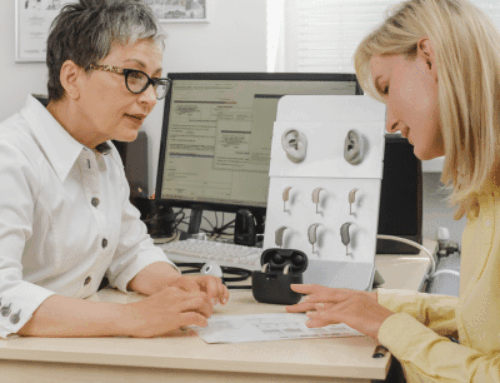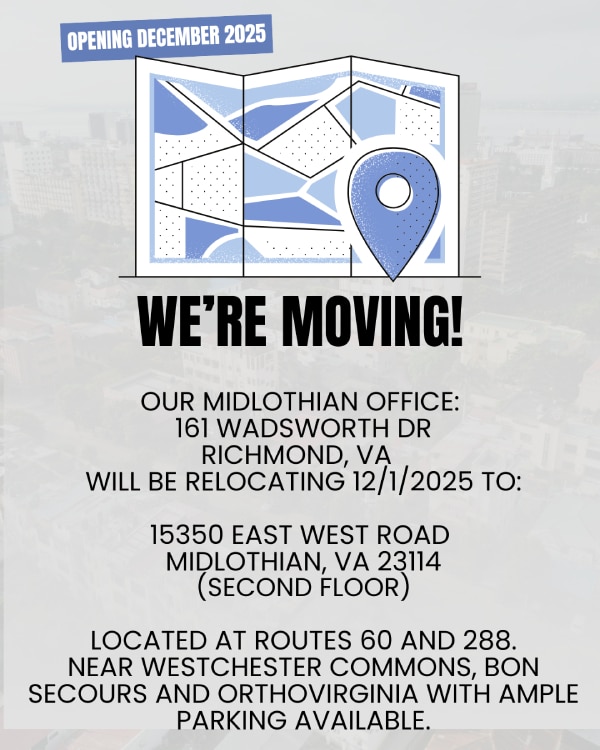Hearing is an essential part of our daily lives. It connects us to the world around us, allowing us to communicate, work, and socialize with others. However, for many people, hearing loss can be a significant challenge, impacting their ability to perform everyday activities and make normal living difficult. That’s why it’s important to undergo a hearing evaluation if you suspect that you may be experiencing hearing difficulties.
In this blog, we’ll explore what a hearing evaluation is really like and what you can expect during the process. A hearing evaluation typically includes a series of tests that assess different aspects of your hearing, including how well you can hear different sounds and frequencies. It may also involve discussions about your medical history and lifestyle to help identify possible causes of hearing loss. Early detection is key in managing hearing issues, so getting evaluated can lead to solutions that improve your hearing and quality of life.
What is a Hearing Evaluation?
A hearing evaluation is a comprehensive examination of your hearing ability. The evaluation assesses your hearing sensitivity, ability to understand speech, and any potential underlying issues that may be causing hearing difficulties. The evaluation typically involves a series of tests that are designed to measure different aspects of your hearing ability. These tests are administered by a trained audiologist, who is a healthcare professional specializing in hearing and balance disorders.
The Process of a Hearing Evaluation
The process of a hearing evaluation typically begins with a review of your medical history and a discussion of your symptoms. Your audiologist may ask you about your exposure to loud noises, your family history of hearing loss, and any medications you may be taking that could affect your hearing. This information helps your audiologist understand your hearing loss and determine the best course of treatment.
Next, your audiologist will perform a physical examination of your ears using an otoscope. This instrument allows the audiologist to examine your ear canal and eardrum for any signs of damage or obstruction. If there is an obstruction or damage, the audiologist will determine if a referral to an Ear Nose and Throat (ENT) specialist is necessary.
The next step in the hearing evaluation process is a hearing test. There are several types of hearing tests, but the most common is a pure-tone audiometry test. During this test, you will sit in a soundproof booth and wear headphones. You will be asked to listen to a series of tones played at different frequencies and volumes. Your audiologist will ask you to indicate when you can hear each tone by pressing a button or raising your hand.
The results of your hearing test will be plotted on an audiogram, which is a graph that shows your hearing sensitivity at different frequencies. The audiologist will use this graph to determine the severity and type of hearing loss you may be experiencing.
In addition to the pure-tone audiometry test, your audiologist may also perform other tests, such as speech audiometry and tympanometry. Speech audiometry measures your ability to understand speech, while tympanometry measures the movement of your eardrum in response to changes in air pressure.
After the hearing evaluation is complete, your audiologist will review the results with you and discuss your treatment options. Treatment may involve hearing aids, cochlear implants, or other assistive devices, depending on the severity and type of your hearing loss.
How We Can Help
If you suspect that you may be experiencing hearing difficulties, schedule a hearing evaluation at Virginia ENT to determine the cause and severity of your hearing loss and explore the best treatment options for you.







